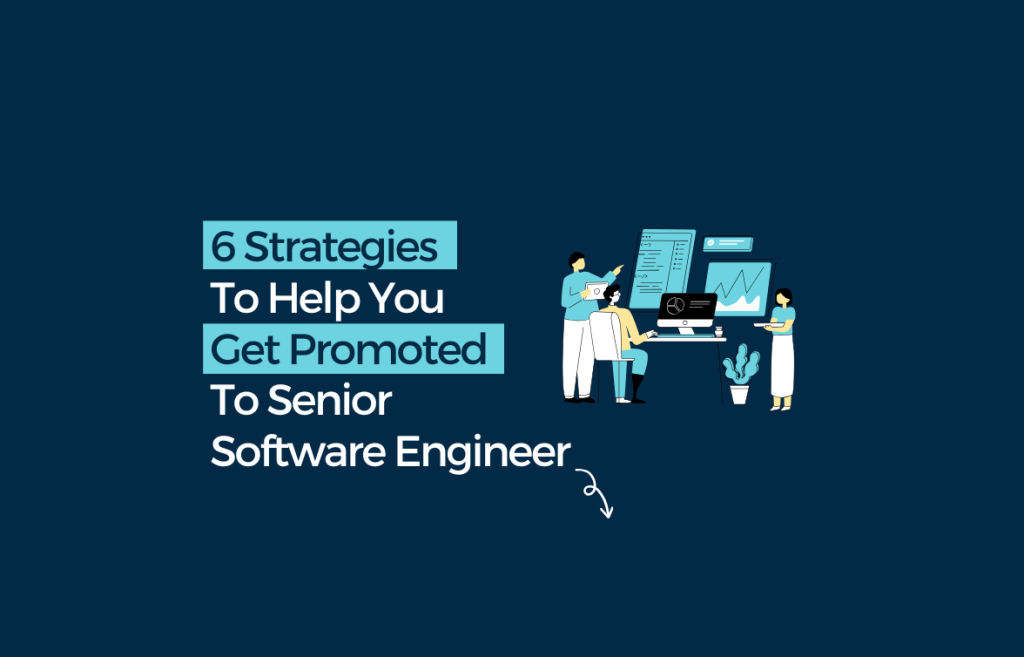8 Tips to Stand Out in a Crowded Market
Hey everyone, I’m Jamie, a Lead Principal Consultant at TheDriveGroup, specialising in .NET within our Software Engineering division.
I’ve been working in this space for almost a decade, and what I’m seeing in today’s job market is arguably one of the most difficult I’ve witnessed from a job seeker’s perspective, so if you’re currently struggling and wondering why – don’t worry, you’re not alone…
A recent article suggested that “job applications in Australia have surged to an all-time high, nearly doubling (44 per cent) in the past year. In contrast, job creation declined by 5.4 per cent in 2024, painting a stark picture of a fiercely competitive job market.” (News.com.au)
Whilst there’s no scientific formula or magic wand for landing your next role, in today’s blog, I’ll run through my top 8 tips to help you stand out in a crowded space and hopefully secure that dream role you have been searching for.
1. Put in the Effort
The first thing to remember is that you get out what you put in. It’s tough right now, so you need to go that extra mile. Do everything at 120%, and you’ll see the return.
Don’t let the number of applicants put you off either – many of them won’t be relevant. I can’t provide an exact figure, but in my experience, relevant resumes to job ads are usually in the single digits at very best.
Avoid the “spray and pray” method. Don’t just put together a quick resume and spam it out to every role across job boards. That won’t work in today’s market and it will usually have a negative impact on your job search. Instead, only apply to roles specific to your skill set and keep track of the roles you have applied for.
2. Build the Perfect Resume
Craft your resume carefully to showcase yourself effectively. Avoid using AI to generate your resume. It’s your resume, so make sure to put your personality into it and come across like a real-life person, not a robot. We’re seeing more and more resumes written by AI, and they all look and sound the same.
Your resume is your foot in the door, so make it personal. When asking for an updated profile, I’ve always advised candidates that while a resume won’t get you a job on its own, it can certainly get you rejected if it’s generic or poorly written. Make sure you use ‘spell check’ and ask a friend, relative or recruiter to proofread your CV.
Don’t make the mistake of listing your job titles and tech skills but skipping your responsibilities and achievements in each role. This is your opportunity to speak directly to the hiring manager or recruiter reviewing your profile and secure an interview or call. Be detailed but avoid waffling – the goal is to make your CV clear and concise but also provide enough detail to impress them.
3. Tailor Your Resume for Specific Roles
While you don’t need to rewrite your resume for every role, you should tailor it if a role has specific requirements or skills you have that’ll make you stand out. Again, only include things you’ve actually done and would be comfortable discussing in an interview.
This is similar to writing a cover letter, something that I personally think is optional. Some people read them, some don’t. By tailoring your resume with key information that matches you to the job, you ensure it doesn’t get overlooked when a recruiter or hiring manager is making a decision on who they would like to interview – which is usually just 1-3 people maximum.
Always be honest. There’s no point including tools or technologies you haven’t worked with. The majority of hiring managers I speak to say the same thing – and if it’s on your resume, they’ll expect you to be able to talk in depth about your experience with it.
4. Keep Your LinkedIn Profile Up to Date
You’ve already written a fantastic resume, make sure to transfer the key details to your LinkedIn profile. When your application is being reviewed, chances are they will look at your LinkedIn and make sure your companies, job titles, dates, and skills match your CV.
Keeping your profile updated also makes it easier for recruiters and hiring teams to headhunt you. That means even when you start a new role, you should continue updating your profile, as you never know when an opportunity may come knocking.
Do you have any recommendations on your LinkedIn? If not, who can you ask for them? Recommendations can be a great way to stand out and it’s an opportunity to provide written reference checks and put yourself ahead of the pack!
5. Track & Follow Up on Applications
You’ve read the stats above – application numbers are through the roof and the market can be slow at times. So, keep track of your applications and follow up if you haven’t heard back. Don’t panic and don’t give up – as one door shuts, another opens.
If you think you might have been missed or it has been a few days, give the recruiter a call to discuss, or if it’s a direct application, send a message to the hiring manager or their talent team. This is a great opportunity to highlight why you’re interested in the role and what makes you a candidate they should not overlook. However, keep it brief and to the point. It also shows that you’re taking the process seriously rather than just applying to every role you see.
6. Leverage Your Network
Do you know any former colleagues who can help? If someone you know has recently joined a company, are they hiring multiple people? Do your former colleagues know if their company is looking for someone at their current company?
Reaching out to former managers can also be an effective strategy as they already know you. You’d be surprised at how many hiring managers we come across that create roles for the right people, that didn’t previously exist.
7. Be Flexible and Open Minded
Be open-minded when it comes to different businesses or industries, even those you’ve heard mixed reviews about. Companies have changed dramatically over the last five years. If you know someone who had a bad experience, or if you’ve never considered a certain type of company or industry, be open to having that initial conversation at least.
Businesses evolve, projects come and go, and people move on. A great company today might be a bad one tomorrow and vice versa.
Keep an open mind, and you might find the right opportunity where you least expect it.
8. Partner with a Specialist Recruiter
Recruiters work on multiple roles, including ones that aren’t advertised. They might not have a role for you today, but tomorrow they might have a coffee with a hiring manager to do a job spec and you’re at the front of their mind.
A Specialist Recruiter spends all day in your chosen field, and if they’re a good recruiter, they should do more than just send you a job description. They should offer advice on everything we’ve mentioned in this blog and more.
As a recruiter, I can’t place everyone I speak to (I wish I could), but I can offer insights on the market and companies that are hiring.
Just last week I caught up with a Head of Engineering I’ve worked with in the past to go through his options when deciding what roles to interview and apply to. He used me as a springboard of ideas, and we clarified what he was looking for and which role best matched his needs.
–
Finally, remember that even when application numbers are high, the quality of applications is often low, so be yourself, put in the extra effort and make yourself stand out from the crowd, and the reward will come!
Thank you for reading! Hopefully, these tips will help you in your job hunting journey, but if you have any questions or would like any assistance, feel free to give me a call or drop me a message.
Cheers,
Jamie
jamie@thedrivegroup.com.au











